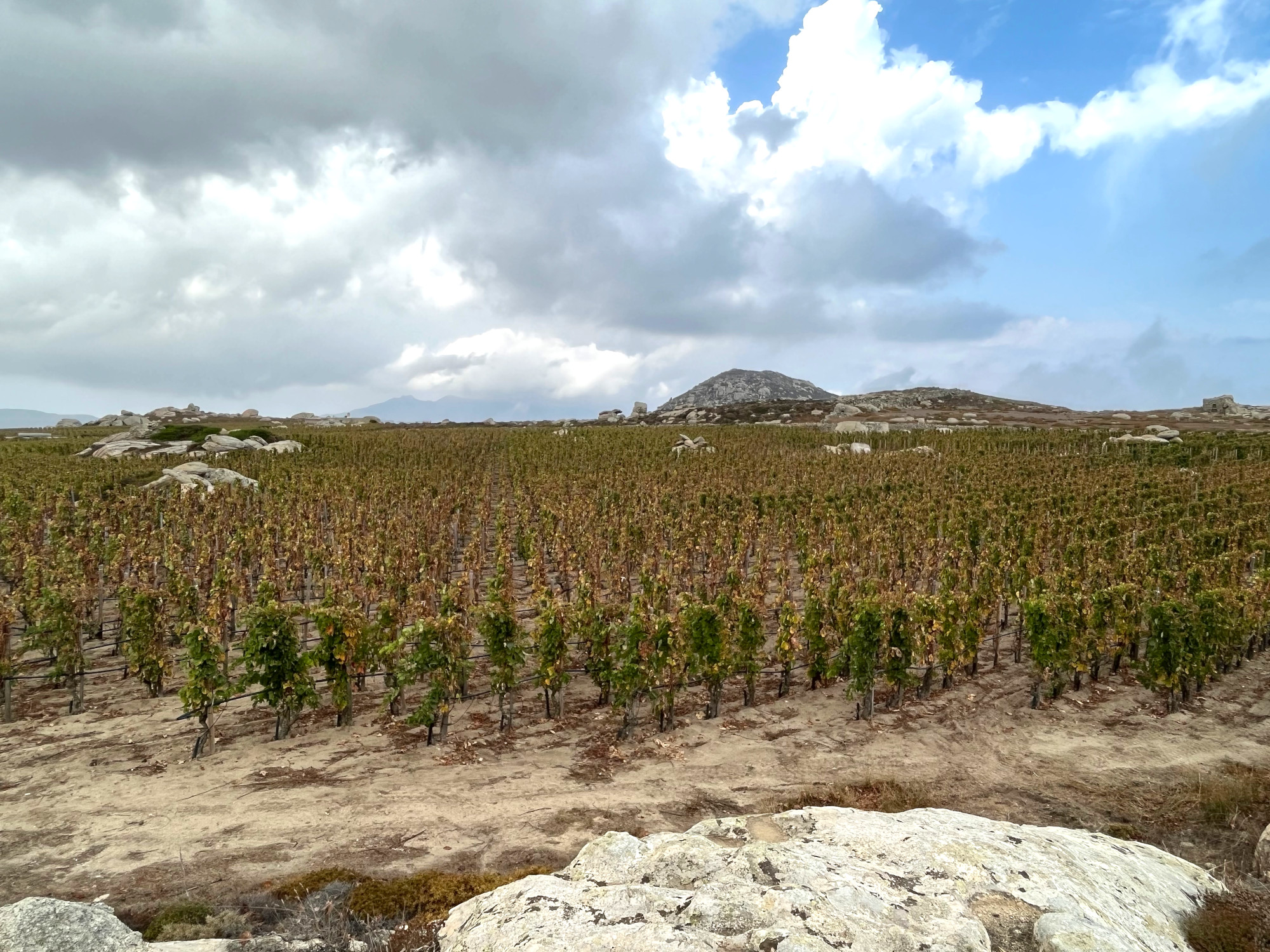The urgent importance of coordinated actions by governments, businesses and citizens in addressing environmental challenges is well recognised by the international community [1] [2] [3]. A better future for humanity requires profound changes in our attitudes and behaviour. Especially in Greece, due to both its geographical location and its development model, there is an increased urgency to highlight and address the multi-modal issues that arise. Choices made now affect the medium- to long-term sustainability of the country both as a cohesive society and as a healthy economy.
The “conflict” between development and sustainability is exactly such an area, and its importance will increase year by year, regardless of individual actions of individual countries, since the issue is global in scale. “Journalism Initiative” believes that issues of Climate Crisis and Sustainable Development are of existential importance but so far the public and the State have not shown signs of realising this at the level corresponding to reality.
Being able to draw from a pool of experienced researchers and young journalists and having gathered expertise in complex journalistic projects such as the “Mati Observatory” or actions aiming for engagement such as Yourstory (for example through the project YourStory@Melissa), “Journalism Initiative” is in an ideal position to highlight issues of universal interest but low impact so far, in a society in need of information.

Sifnos, Panagia Poulati / Yannis Palaiologos
In practice, the “Sustainable Cyclades” project is an 18-month research project (with the prospect of extension) whose content will be available, as it is produced, to the public and to the media for republication. At the same time, regular organised engagement activities with local residents will help to highlight as much as possible the issues affecting the local community and by extension the wider sustainable development issues affecting the general population. Through reports, interviews and special features, “Sustainable Cyclades” will monitor, document and highlight both in winter and in summer how environmental, development and carrying capacity issues are addressed by the local community, economic actors, local and central government.
